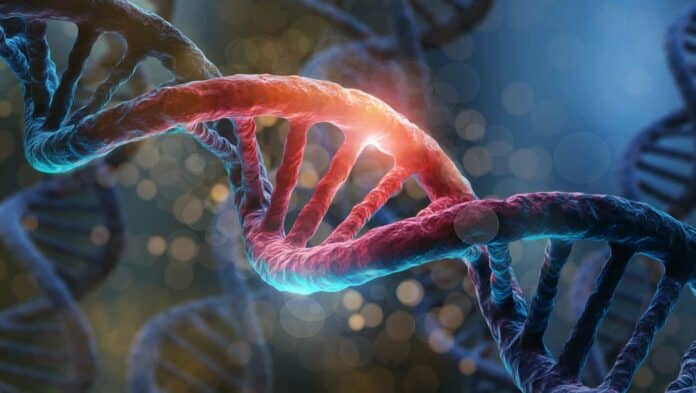A recent University of Michigan-led study reviewing genetic and health data from over 276,000 people supports a decades-old evolutionary theory on aging. The theory, proposed by biologist George Williams in 1957, suggests that genetic mutations promoting aging could be favored by natural selection if they benefit early reproduction or increased offspring production. Known as the antagonistic pleiotropy theory, it explains senescence. The study provides substantial genome-wide Evidence for this idea, reinforcing its status as the leading evolutionary explanation for aging.
In a new study published in Science Advances, U-M biologist Jianzhi Zhang and a Chinese colleague tested George Williams’s hypothesis. They used data from 276,406 participants in the U.K.’s Biobank database, finding a solid genetic correlation between reproduction and lifespan.
This means genetic mutations promoting reproduction often shorten lifespan. Those with mutations for higher reproductive rates have lower odds of living to age 76 than those with lower rates. The study notes that genes and environment affect reproduction and lifespan. However, genetic factors play a minor role compared to environmental factors like contraception, abortion, and medical advances.
Zhang, the Marshall W. Nirenberg Collegiate Professor in the U-M Department of Ecology and Evolutionary Biology, said, “These results provide strong support for the Williams hypothesis that aging arises as a byproduct of natural selection for earlier and more reproduction. Natural selection cares little about how long we live after the completion of reproduction because our fitness is largely set by the end of reproduction.”
Biologists use “fitness” to describe how an organism’s organism’s traits impact its offspring count. U-M biologist Jianzhi Zhang found that having two kids is linked to the most extended lifespan when accounting for the predicted genetic reproduction. Having fewer or more kids is associated with a shorter lifespan. This aligns with previous studies.
Co-authored by Erping Long of the Chinese Academy of Medical Sciences, the study explores the genetic concept of pleiotropy, where a single mutation affects multiple traits. The idea of a mutation being beneficial and harmful, depending on circumstances, is called antagonistic pleiotropy, which biologist George Williams proposed.
Biologists define senescence as a gradual decline in bodily functions, affecting reproduction and increasing the death rate with age. Using the U.K.’s Biobank database, researchers Zhang and Long explored the genetic link between reproduction and lifespan on a genomic scale.
They studied 583 genetic variants related to reproduction and found that some linked to higher reproduction have recently become more common. Surprisingly, these variants are also associated with a shorter lifespan. The rise in their frequency suggests natural selection favoring higher reproduction despite the trade-off with lifespan.
Zhang said, “The antagonistic pleiotropy hypothesis predicts that most mutations that increase reproduction but reduce lifespan have larger fitness advantages than disadvantages so are selectively favored.”
Human life expectancy, birth rates, and reproductive habits have significantly changed in recent decades. More than half of the global population now resides in areas where birth rates have decreased, accompanied by more contraception, abortion, and reproductive disorders.
However, global life expectancy has risen steadily from 46.5 years in 1950 to 72.8 years in 2019. The study suggests these shifts result from environmental changes, such as lifestyle and technological advancements, rather than genetic factors. The research received funding from the U.S. National Institutes of Health, the National Natural Science Foundation of China, and the Chinese Academy of Medical Sciences Innovation Fund.
Journal reference:
- ERPING LONG, JIANZHI ZHANG et al., Evidence for the role of selection for reproductively advantageous alleles in human aging. Science Advances. DOI: 10.1126/sciadv.adh4990.
